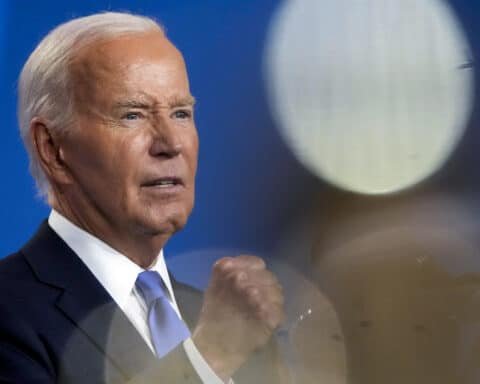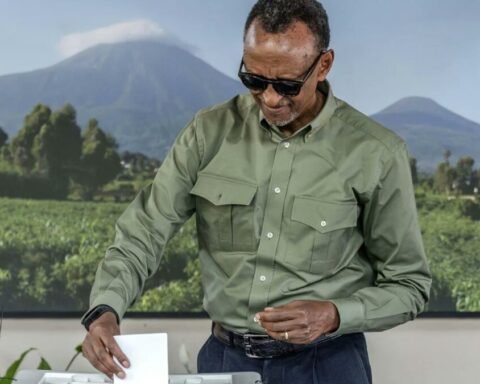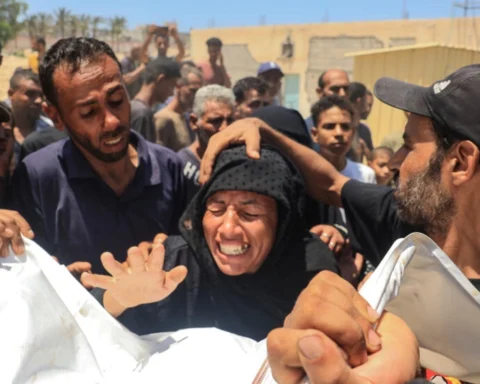In a recent video released by Zimbabwe’s prominent newspaper, The Sunday Mail, President Emmerson Mnangagwa addressed rumors circulating about his intention to seek a third term in office, a move that would contravene the nation’s constitution. Amidst growing speculation and the spread of a slogan at Zanu PF rallies suggesting Mnangagwa’s presidency could extend until 2030, the president firmly denied any plans to violate constitutional limits.
Emmerson Mnangagwa, 81, emphasized his commitment to democracy and the rule of law, stating, “There is not an iota of evidence where Zanu PF or I, as President, has ever expressed the violation of our Constitution. We in Zanu PF are very democratic and we obey the Constitution.” This statement comes at a time when the ruling party, Zanu PF, which has governed Zimbabwe since its independence, faces scrutiny over its democratic practices and adherence to the constitutional framework established in 2013.
The constitution of Zimbabwe, adopted a decade ago, stipulates that a president can only serve two five-year terms, making any attempt by Mnangagwa to run for a third term unconstitutional. The issue has gained attention due to a controversial slogan heard at Zanu PF rallies, “2030 vaMnangagwa vanenge vachipo” (“2030 Mnangagwa will still be president”), raising questions about the party’s future direction and Mnangagwa’s political ambitions.
Zanu PF’s dominant position was reinforced in the last parliamentary elections, securing a supermajority that theoretically could enable it to amend the constitution. Such developments have sparked debates about the potential for constitutional changes and the future of democratic governance in Zimbabwe.
Mnangagwa, who rose to power after a succession battle following the ousting of Robert Mugabe in 2017, has been a key figure in Zanu PF since Zimbabwe’s independence. His presidency has been marked by efforts to navigate the country through economic challenges and international relations, yet these recent allegations have brought to the forefront issues surrounding the integrity of governance and the sanctity of the constitution in Zimbabwe.
As the situation unfolds, the international community and Zimbabwean citizens alike watch closely, eager to see how the nation will uphold its democratic values and constitutional commitments in the face of political challenges.








